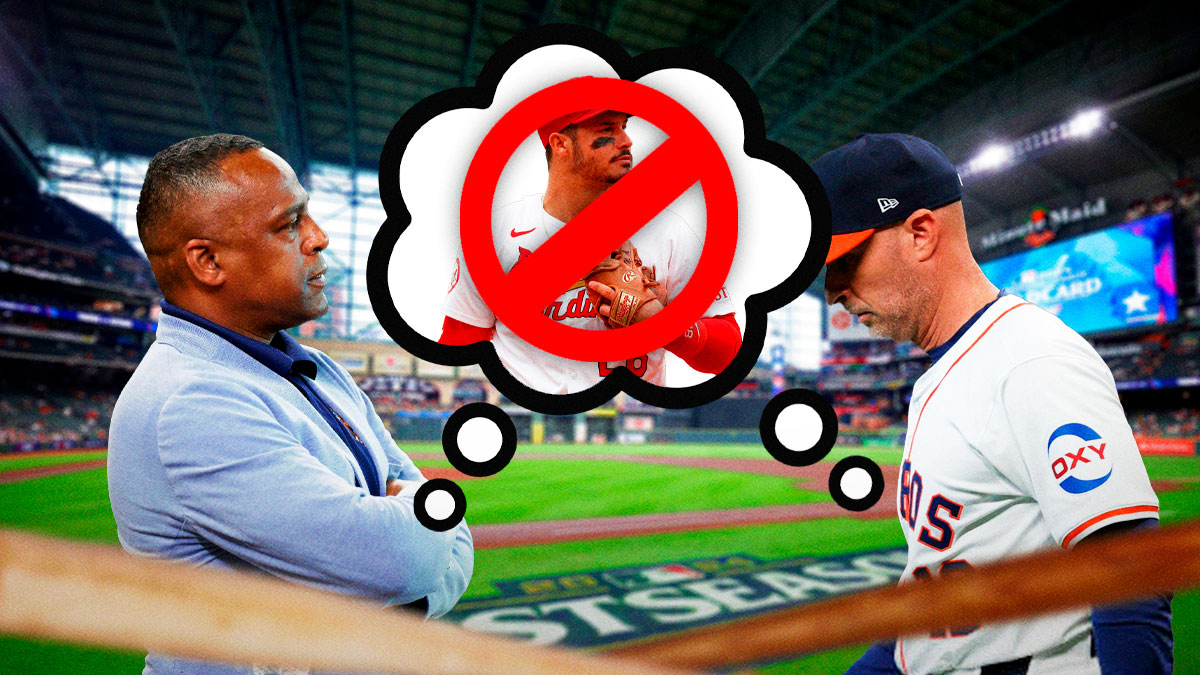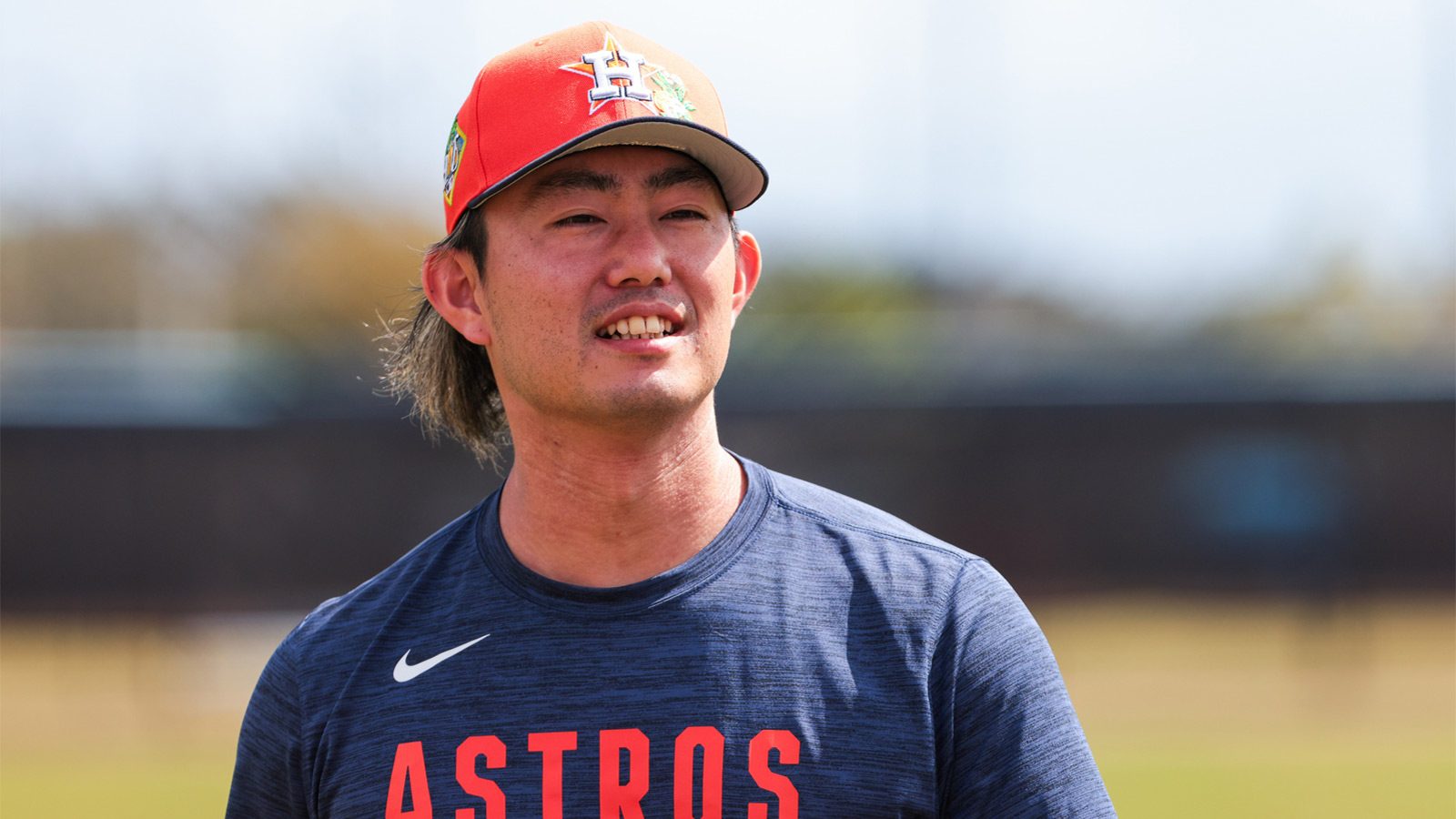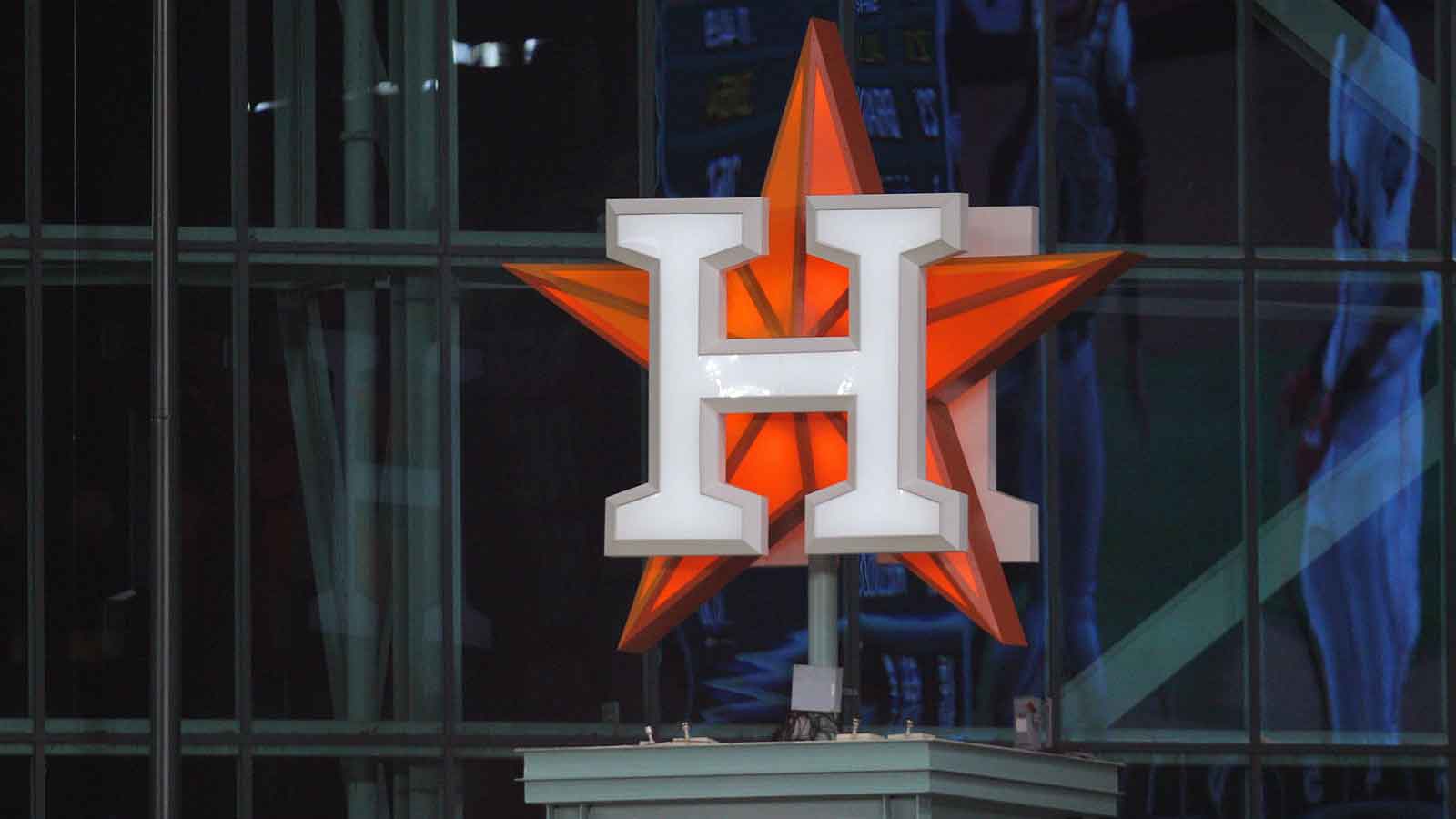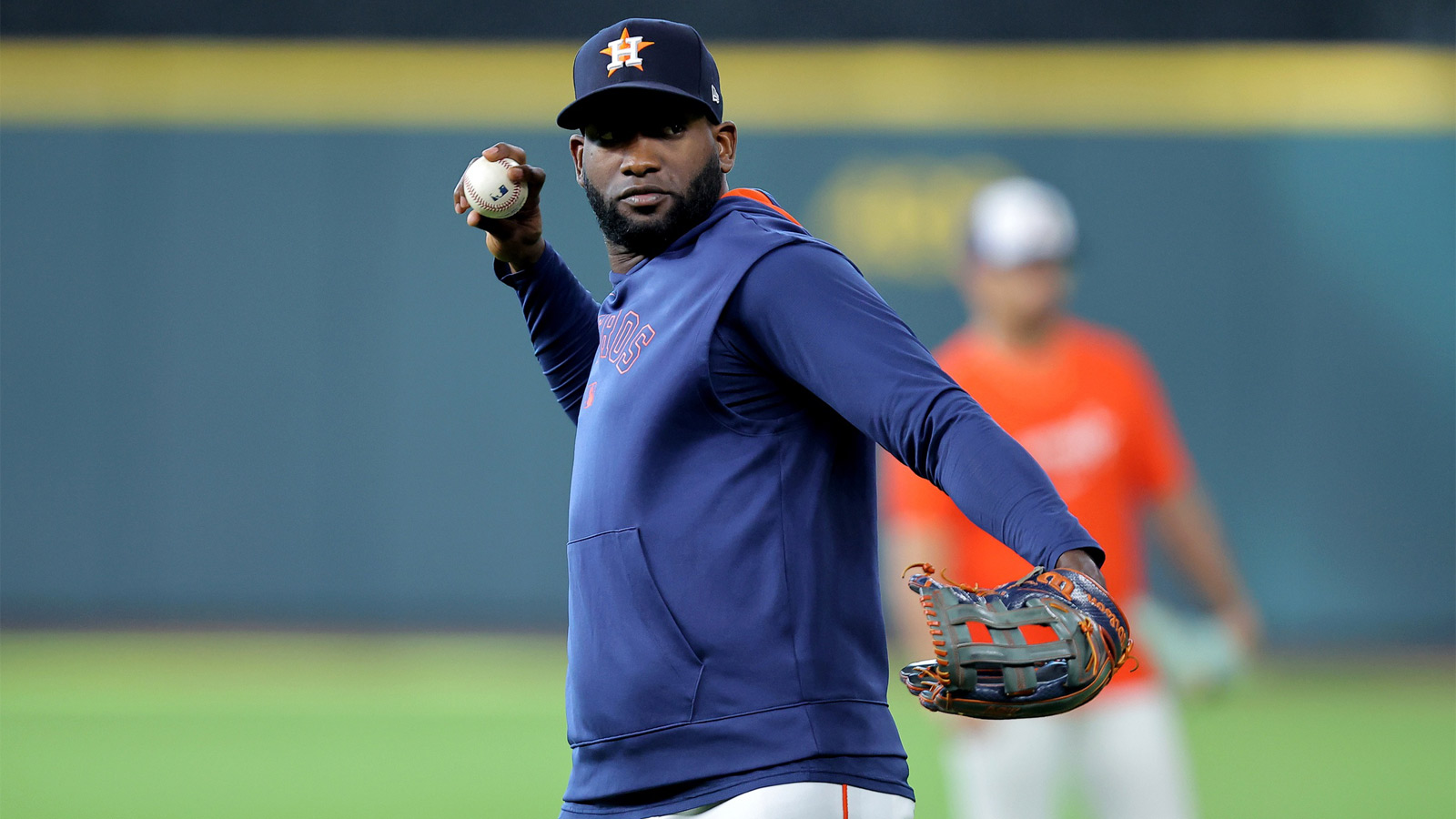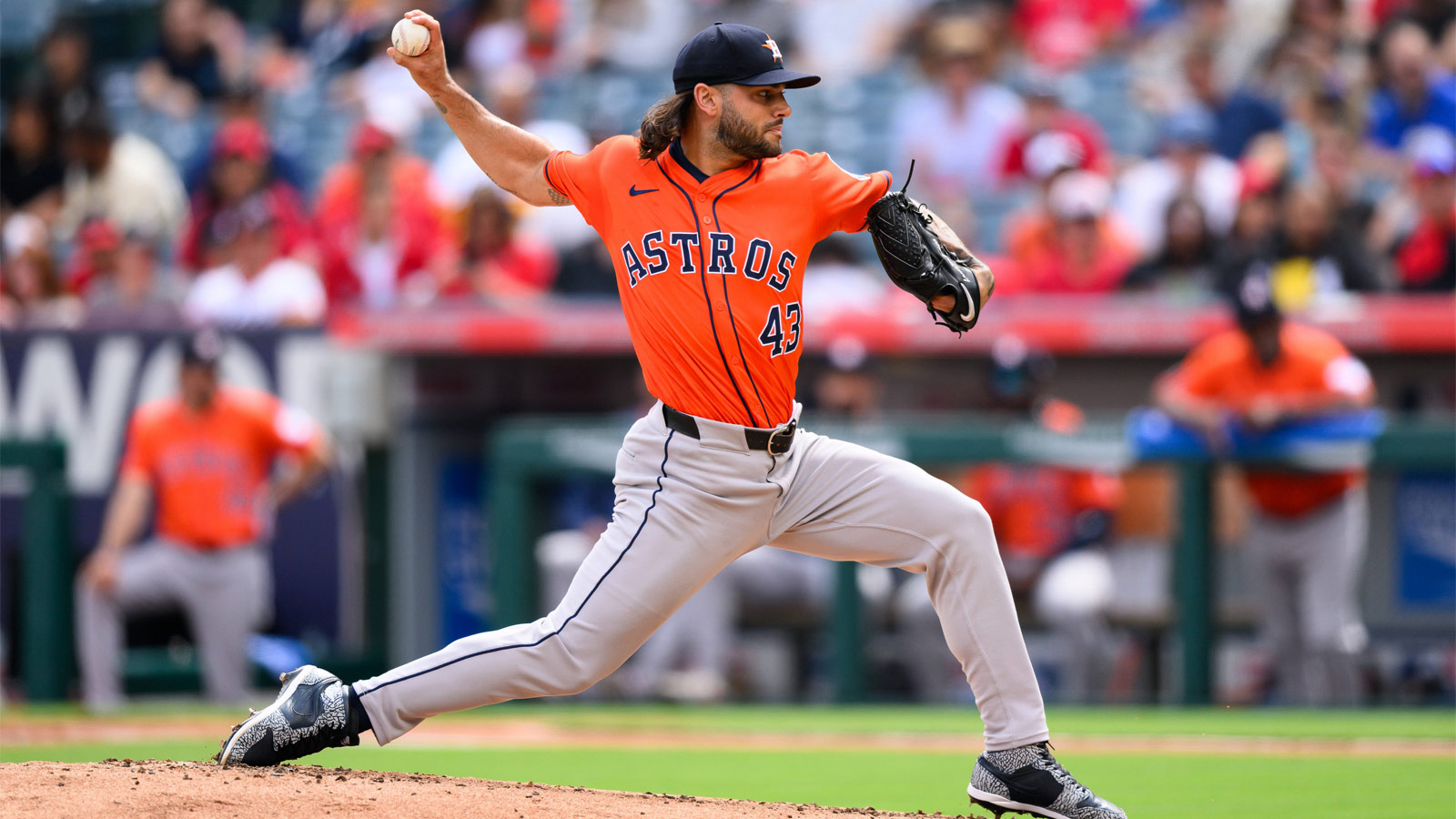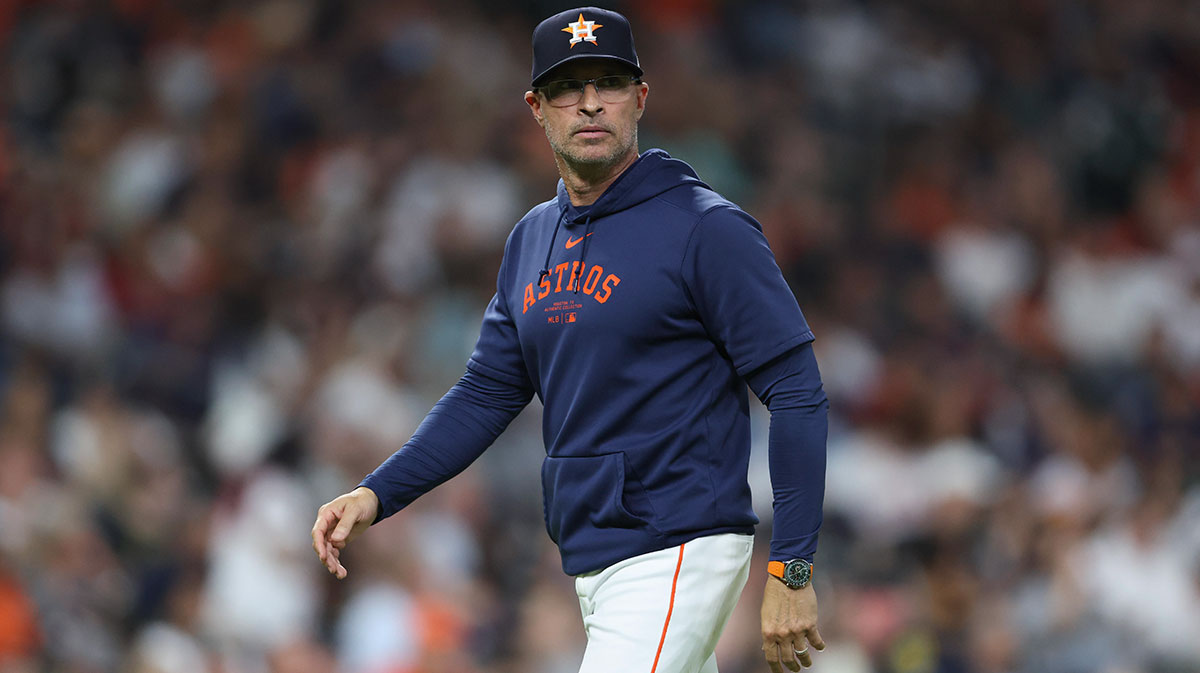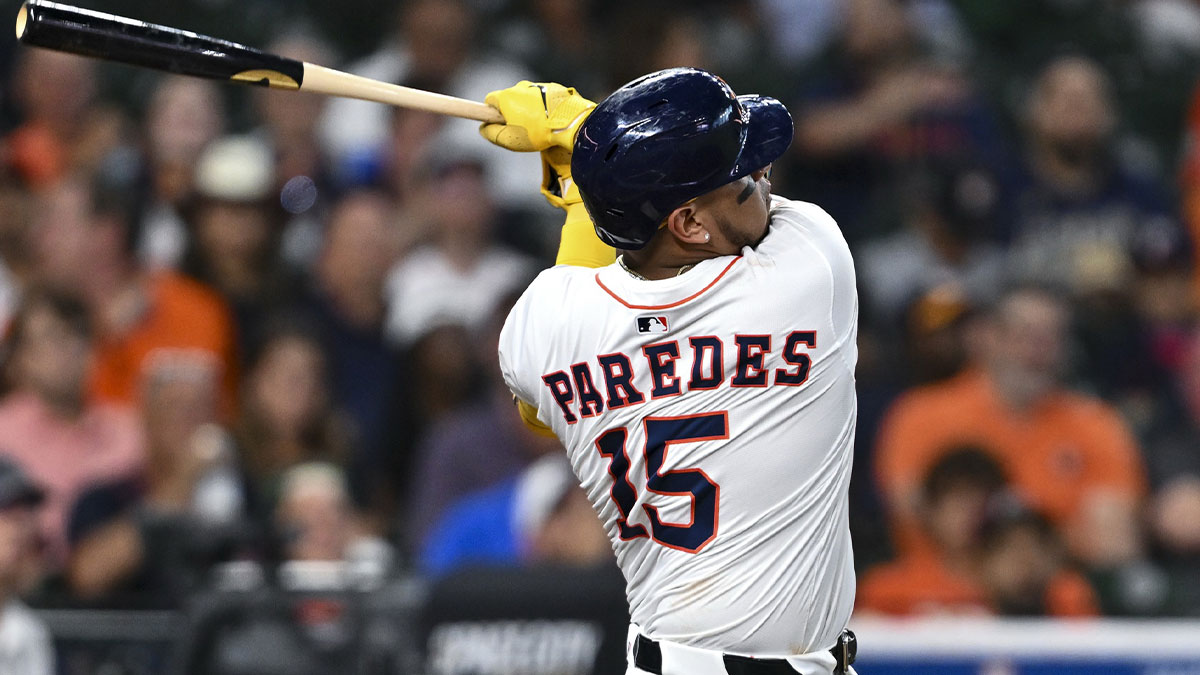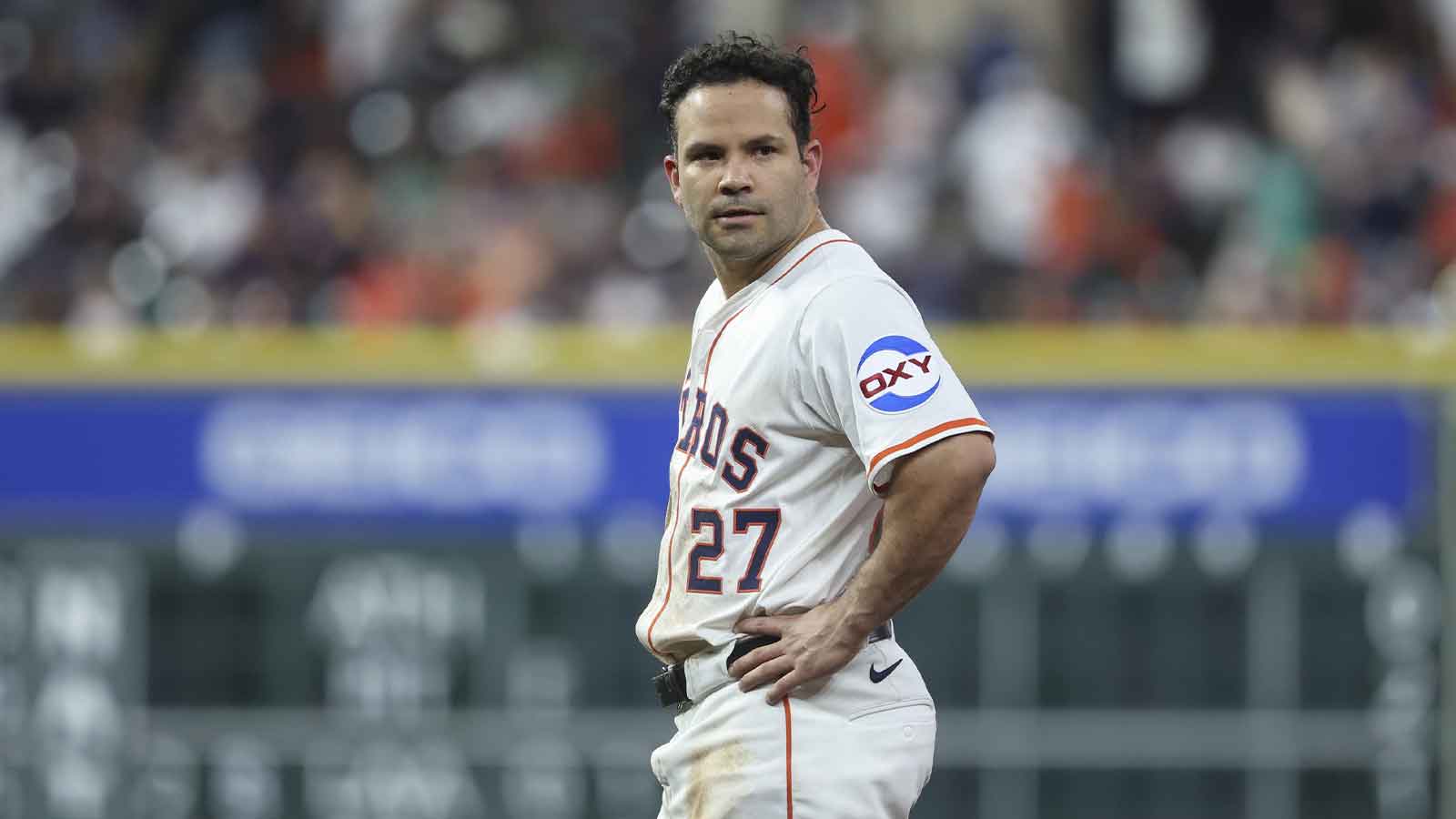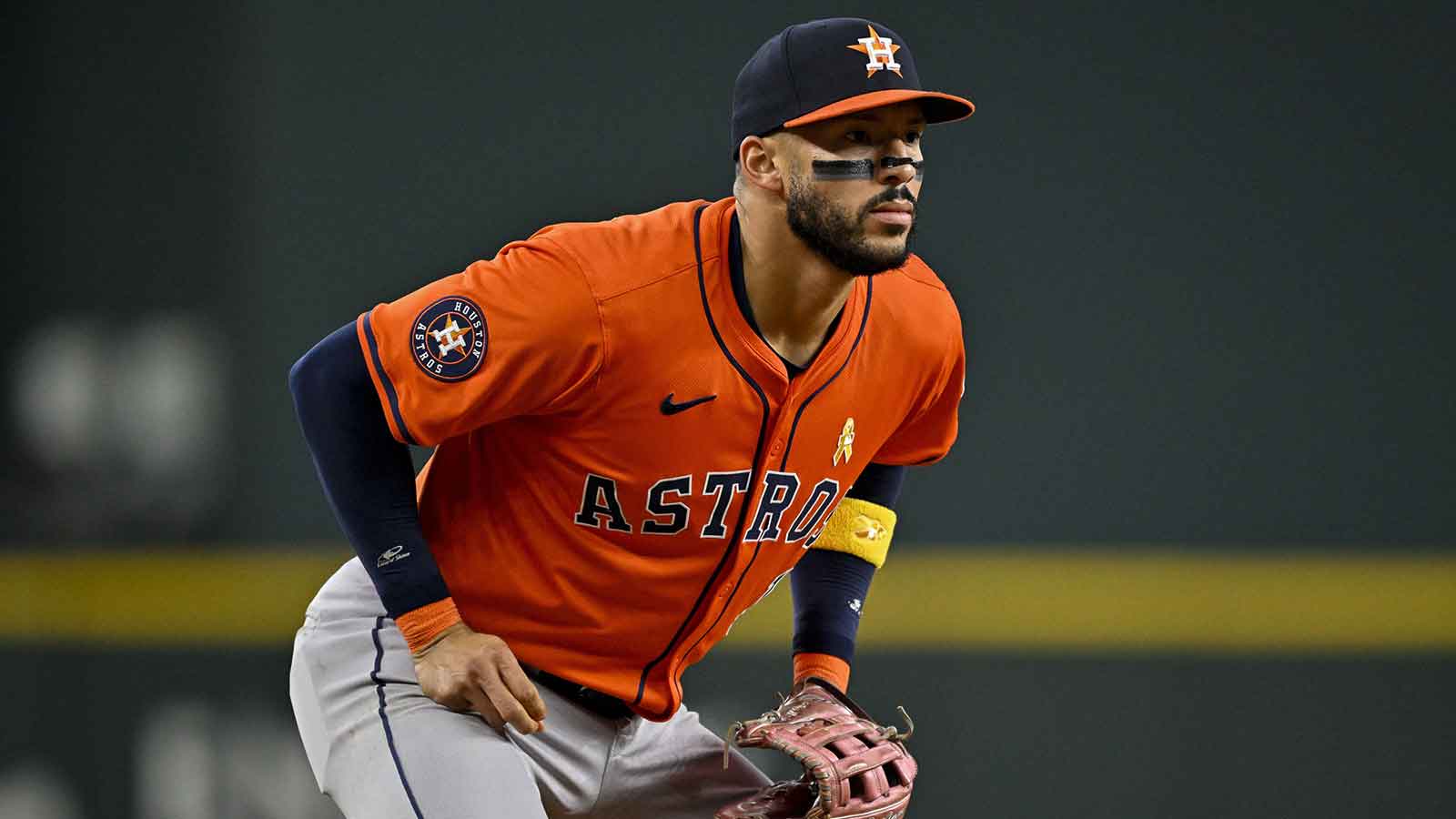As the Houston Astros face a potential overhaul at third base due to the looming free agency of Alex Bregman, the team finds itself in a pivotal decision-making moment. Bregman, the Astros' staple at third, has been a cornerstone for years, offering consistent production, reliable defense, and leadership both on and off the field.
While the possibility of filling his shoes with another elite third baseman like Nolan Arenado seems enticing, several reasons suggest that the Astros would be wise to avoid trading for the Cardinals' star. From financial concerns to Arenado’s aging curve and potential alternatives, here’s why Houston should steer clear of this deal.
The Financial Weight of Arenado’s Contract
First and foremost, acquiring Nolan Arenado would be a significant financial commitment. Arenado’s current deal with the St. Louis Cardinals stretches through the 2027 season, with an annual average salary of approximately $32.5 million. This would create a hefty burden on the Astros' payroll, particularly when considering the team's current financial obligations and other pressing needs. The Astros are already balancing competitive salaries for stars like Jose Altuve ( 7 yr, $163.5M) and Yordan Alvarez (6 yr, $115M), and they will also need to prioritize pitching improvements and bullpen depth.
The commitment to a high-salary, multi-year contract for a player approaching his mid-30s can limit financial flexibility, which is key to sustained success. The Astros have often succeeded because of their ability to make smart financial moves, allowing them to maintain depth and address needs without straining payroll. Allocating more than $30 million annually to a single player could risk undermining this balanced approach, tying up funds that could otherwise go to strengthening other areas or investing in young, controllable talent.
Age-Related Decline in Performance
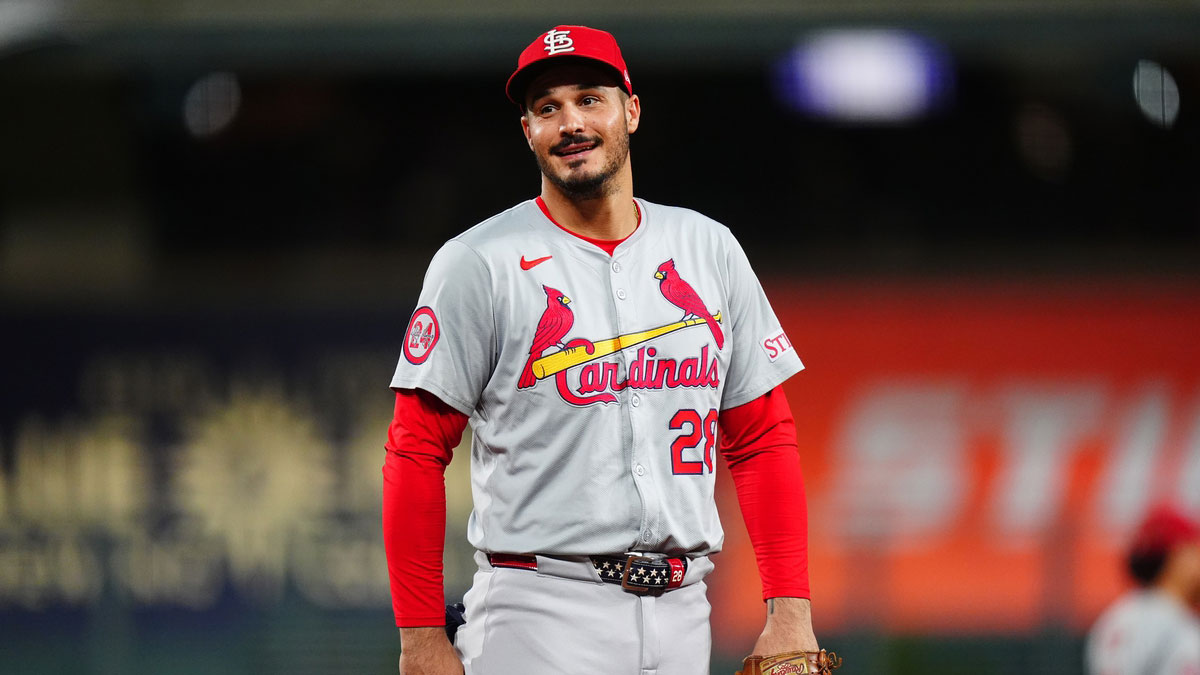
Arenado, who will be 34 by the start of the 2025 season, has been one of baseball’s premier third basemen for much of his career, known for his power bat, defensive prowess, and strong work ethic. However, players’ productivity often declines as they move into their mid-to-late 30s, and Arenado is no exception. His 2023 season showed some signs of this with defensive metrics dipping compared to his prime years, and his offensive numbers also showed some variability, despite still being strong.
Arenado has posted a career batting average of .285 with a respectable slugging percentage of .515, but recent years suggest that his best seasons could be behind him. For a team like the Astros, which has maintained its competitive edge by keeping its roster youthful and agile, taking on a player at the back end of his prime may not align with its winning formula.
The Cost in Talent and Prospect Depth
A trade for Arenado would almost certainly come with a steep price in talent, as the Cardinals would likely demand top-tier prospects and possibly young major league talent. For an Astros team that prides itself on developing homegrown players like Carlos Correa, Jeremy Peña, and Kyle Tucker, giving up high-level prospects or promising youngsters would be a tough pill to swallow. The Astros’ farm system, while still solid, has thinned in recent years as the team has made moves to remain competitive.
The Astros’ success in recent years has largely been due to their scouting and player development. This organization has been able to bring up talent from within, even in high-stakes roles, with players like Jeremy Peña and Yordan Alvarez emerging from their system as impact players. Rather than investing millions in an aging veteran, the Astros could look internally for Bregman’s replacement. They have prospects who could grow into the role or, alternatively, pursue a younger, more versatile third baseman who won’t lock up payroll or cost as many prospects in a trade.
A focus on internal development would also allow the Astros to remain flexible. By nurturing a younger player, they can adjust their roster as needed, making moves for other key areas like starting pitching or bullpen reinforcements without feeling financially restricted.
Free Agent Alternatives and Market Flexibility
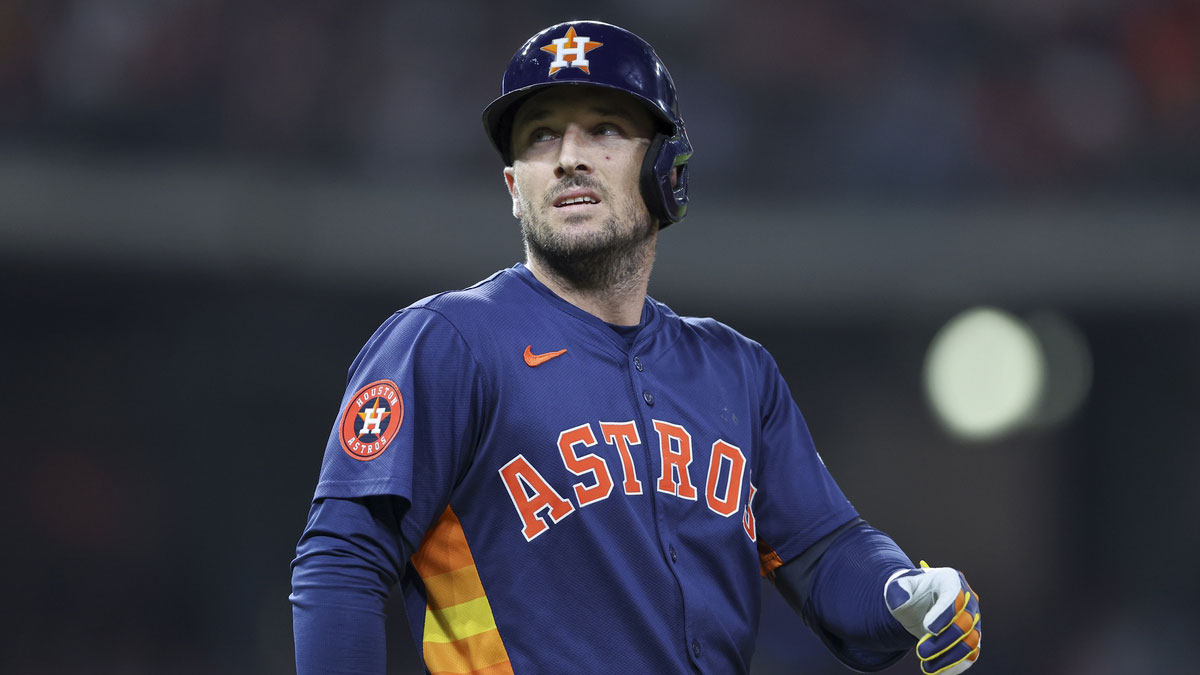
The free agent market could provide the Astros with less expensive alternatives to fill third base if Bregman departs. The advantage of signing a player in free agency rather than trading for Arenado is that it does not require sacrificing talent or draft picks. Additionally, the Astros could pursue players with shorter-term deals, avoiding the long-term financial implications that Arenado’s contract would impose.
A strategic move in free agency allows the Astros to take a measured approach to filling their needs without rushing into a deal that limits their ability to pivot. They could pursue a short-term deal with a player like Yoan Moncada or Gleyber Torres, who both have experience at third base and could offer stability while the organization develops a longer-term solution. This approach would provide stability and depth without significantly impacting their financial or player assets.
While Arenado's talent and career accolades make him an appealing player, the Astros would be wise to think twice about a trade that could backfire. The financial commitment, Arenado’s age, the cost in talent, and alternative solutions all point to the conclusion that Arenado may not be the answer for the Astros. Instead, focusing on a mix of internal options and cost-effective free agents will allow the Astros to address their needs at third base without compromising their flexibility or long-term sustainability. Houston has built a culture of success on smart, disciplined roster management, and passing on Arenado could be the best way to uphold that legacy as they enter a new era.

